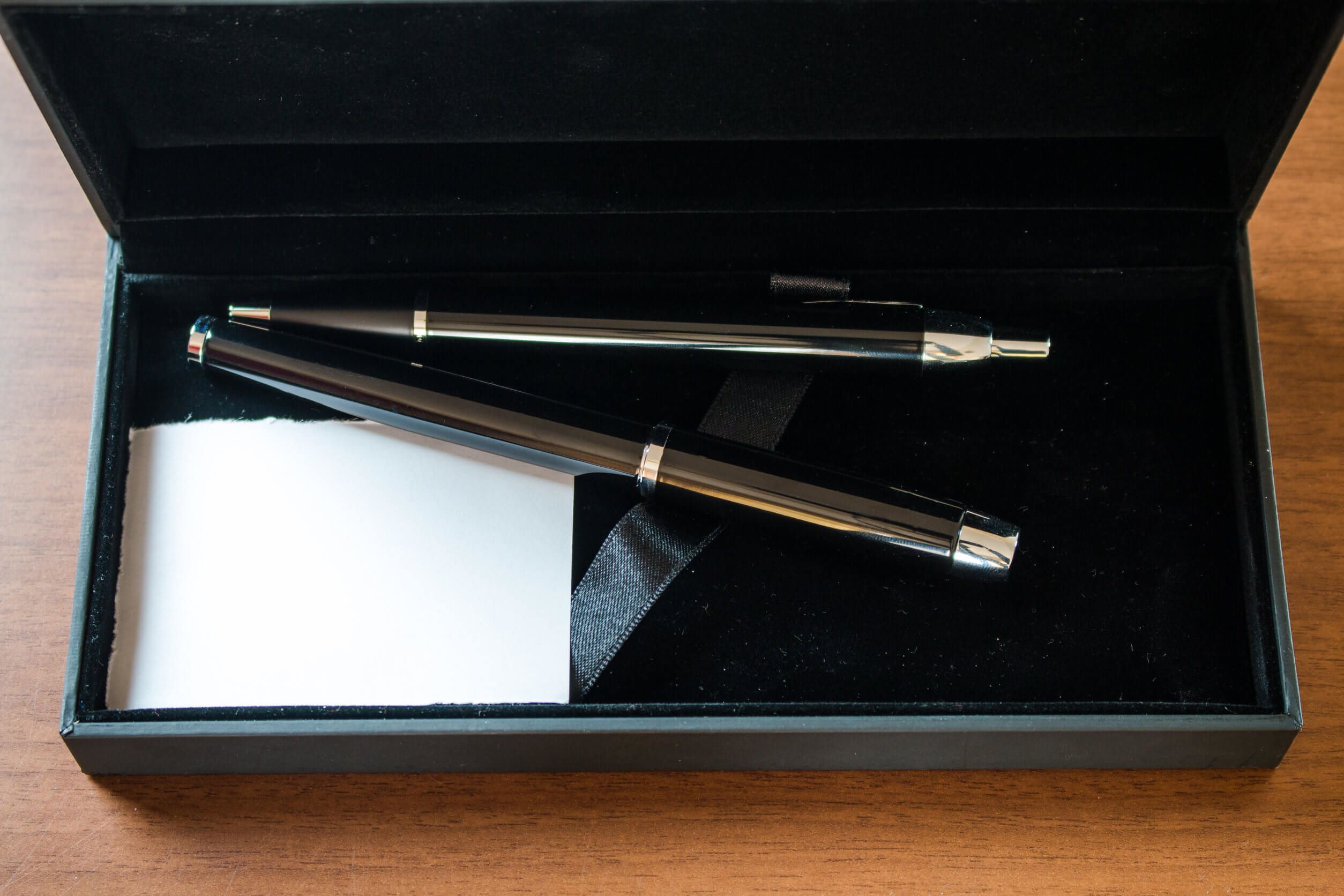

Articles
How To Store Fountain Pen When Not In Use
Modified: August 24, 2024
Learn the best ways to store your fountain pen when not in use with our helpful articles. Keep your pen in top condition for years to come.
(Many of the links in this article redirect to a specific reviewed product. Your purchase of these products through affiliate links helps to generate commission for Storables.com, at no extra cost. Learn more)
Introduction
When it comes to fountain pens, enthusiasts know that these writing instruments require special care and attention. Not only are fountain pens valued for their smooth writing and elegant design, but they also require proper storage to ensure optimal performance and longevity.
Proper storage of fountain pens is crucial in preserving their ink flow, preventing damage, and prolonging their lifespan. Whether you are an avid collector or a casual user, understanding the importance of storing fountain pens correctly is essential.
In this article, we will explore the significance of proper storage for fountain pens and provide you with a practical guide on how to store them when they are not in use. We will discuss various factors to consider, common mistakes to avoid, and recommended storage options. Additionally, we will share some valuable tips for maintaining fountain pens in storage.
By the end of this article, you will have the knowledge and tools necessary to keep your fountain pens safe and in optimal condition, ensuring that they will continue to bring you joy and exceptional writing experiences for years to come.
Key Takeaways:
- Proper storage of fountain pens is crucial for preserving ink flow, preventing damage, and extending their lifespan, ensuring a smooth and consistent writing experience.
- Factors such as temperature, pen orientation, and cleanliness must be considered when storing fountain pens to maintain their functionality, appearance, and overall quality.
Read more: How To Store Fountain Pens
Importance of Proper Storage for Fountain Pens
Proper storage is fundamental to maintaining the performance and longevity of fountain pens. Here’s why it is crucial:
1. Preserves Ink Flow: Fountain pens have delicate mechanisms that rely on a steady flow of ink. Improper storage, such as leaving the pen uncapped or storing it in extreme temperatures, can cause ink to dry out or clog the pen, resulting in poor ink flow and a subpar writing experience. By storing your fountain pens correctly, you can ensure a smooth and consistent ink flow.
2. Prevents Damage: Fountain pens are often crafted from materials like precious metals, resin, or celluloid, which can be susceptible to scratches, tarnishing, or discoloration if not stored properly. Additionally, the nibs, which are the tips that come into contact with paper, are delicate and can be damaged if the pen is stored improperly. Protecting your fountain pens from physical harm will help maintain their appearance and functionality.
3. Extends Lifespan: Properly storing your fountain pens can help extend their lifespan. By following correct storage practices, you minimize the chances of damage or degradation to the pen’s components, ensuring that it remains usable and enjoyable for years to come. A well-maintained fountain pen can become an heirloom piece to be treasured and passed down through generations.
4. Preserves Ink Quality: When exposed to air, ink can evaporate or change in consistency, affecting its overall quality. Proper storage, such as sealing the ink chamber securely and keeping the pen upright, helps to prevent ink evaporation and maintain its original characteristics. This ensures that the ink flows smoothly and produces consistent and vibrant writing.
By understanding the importance of proper storage for your fountain pens, you can protect your investment, maintain optimal performance, and preserve the joy of using these elegant writing instruments.
Factors to Consider when Storing Fountain Pens
When it comes to storing fountain pens, there are several key factors to consider. By paying attention to these factors, you can ensure that your pens remain in excellent condition. Here are the most important factors to keep in mind:
1. Temperature and Humidity: Extreme temperatures and humidity levels can have a detrimental effect on fountain pens. It is important to store them in an environment with a stable temperature and moderate humidity. Avoid storing pens in direct sunlight, as prolonged exposure to UV rays can cause discoloration or damage to the materials. Additionally, avoid storing pens in excessively humid areas, as it can lead to ink leakage or mold growth.
2. Pen Orientation: The orientation in which you store your fountain pens can significantly impact their performance. It is advisable to store pens upright, with the nib facing upwards. This helps prevent ink from drying out or leaking. Storing pens horizontally or with the nib facing downwards can lead to ink flow issues or potential leaks.
3. Protection from Physical Damage: Fountain pens should be protected from physical damage when not in use. Avoid placing pens in overcrowded compartments or pockets where they may get scratched or bent. Consider storing them in pen cases or pouches, providing a cushioned and secure environment to prevent accidental damage.
4. Capping the Pen: Always cap the fountain pen when it is not in use. This simple act helps prevent the ink from drying out and maintains the integrity of the nib. Make sure the cap is securely fastened to create an airtight seal, preventing ink evaporation and ensuring a consistent ink flow.
5. Cleanliness: Before placing your pen in storage, make sure it is clean. Residual ink, especially if left for an extended period, can harden and clog the pen’s ink flow system. Rinse the pen thoroughly with clean water and dry it before storing. Regular maintenance and cleaning will contribute to the longevity and performance of your fountain pen.
6. Frequency of Use: Consider the frequency of use when deciding on storage options. If you use your fountain pen daily, a pen holder or desk stand might be a convenient choice. However, if you only use your pen occasionally, a pen case or box offers better protection while keeping it safely stored.
By taking these factors into account, you can ensure that your fountain pens are stored in a manner that preserves their functionality, appearance, and overall quality.
Common Mistakes to Avoid when Storing Fountain Pens
When it comes to storing fountain pens, there are some common mistakes that should be avoided to ensure the pens remain in optimal condition. By being aware of these pitfalls, you can protect your investment and enjoy the full benefits of your fountain pens. Here are some key mistakes to avoid:
1. Leaving Pens Uncapped: One of the most common mistakes is leaving fountain pens uncapped for extended periods. When left uncapped, the ink in the pen can dry out, leading to clogged nibs and poor ink flow. Always remember to cap your fountain pen when it is not in use, even for short periods. This simple step will help maintain the ink flow and prevent drying.
2. Storing Pens in Extreme Temperatures: Extreme temperatures, whether hot or cold, can adversely affect fountain pens. High temperatures can cause ink to expand and potentially leak, while low temperatures can cause the ink to contract, leading to flow issues. Avoid storing your fountain pens in areas that are subject to extreme temperature fluctuations, such as near heating vents or in cars exposed to direct sunlight.
3. Storing Pens Horizontally: Storing fountain pens horizontally, especially with the nib facing downward, can lead to ink leakage and potential damage to the nib. In this position, gravity can cause the ink to flow excessively, resulting in unexpected leaks. It is always best to store your pens upright, with the nib facing upwards, to prevent ink flow issues and leaks.
4. Neglecting to Clean the Pens: Regular cleaning is essential to maintaining fountain pens. Failing to clean the pens before storing them can lead to ink buildup and clogging. Clean your fountain pen by flushing it with clean water to remove any leftover ink. This will prevent unwanted blockages and ensure the pen is ready for use when you retrieve it from storage.
5. Storing Pens with Other Items: Avoid storing your fountain pens with other items that may scratch or damage them. Keys, coins, or other sharp objects can cause scratches or dents on the pen’s surface. Store your pens separately to protect them from accidental damage and preserve their aesthetic appeal.
6. Using Improper Storage Materials: When selecting storage materials for your fountain pens, make sure they are made of materials that are non-abrasive, non-reactive, and acid-free. Avoid using PVC or vinyl-based materials, as they can have a corrosive effect on the pen’s finish. Choose storage options made of soft fabric or high-quality leather to protect your fountain pens effectively.
By avoiding these common mistakes, you can ensure that your fountain pens remain in excellent condition and provide you with reliable and enjoyable writing experiences for years to come.
Store your fountain pen with the nib facing up to prevent ink from settling and clogging the feed. Keep it in a pen case or pouch to protect it from dust and scratches.
Step-by-Step Guide on How to Store Fountain Pens when Not in Use
Follow this step-by-step guide to properly store your fountain pens when they are not in use:
1. Clean and Dry: Before storing your fountain pen, make sure it is clean and dry. Rinse the pen with clean water to remove any residual ink, and use a soft cloth or paper towel to dry it thoroughly. Ensuring that your pen is clean will prevent ink buildup and potential clogging when it is not in use.
2. Cap Properly: Always cap your fountain pen when you’re finished using it. Ensure that the cap is securely fastened to create an airtight seal. This helps prevent ink from evaporating and maintains the integrity of the nib.
3. Store Upright: Store your fountain pens in an upright position. This means keeping the nib facing upwards. Storing pens upright helps prevent ink leakage and ensures proper ink flow. If you have multiple pens, consider using a pen stand or holder designed for fountain pens to keep them organized and secure.
4. Choose a Suitable Storage Option: Select a storage option that protects your fountain pens from physical damage and provides a controlled environment. Pen cases, pouches, or boxes made of soft fabric or quality leather are ideal choices. These options offer cushioning and prevent scratches or dents. Avoid using hard or abrasive materials that could potentially damage the pen’s surfaces.
5. Maintain a Stable Environment: Store your fountain pens in an area with a stable temperature and moderate humidity. Extreme fluctuations in temperature or high humidity can negatively impact the pens. Avoid storing them in direct sunlight, near heating vents, or in areas prone to moisture, as this can cause ink leakage or damage to the materials.
6. Periodically Rotate and Inspect: Rotate your stored fountain pens periodically. This helps to prevent the ink from drying out in one particular pen and ensures even use of all your pens. Additionally, inspect your stored pens regularly for any signs of damage or issues. If you notice any problems, address them promptly to prevent further damage.
7. Avoid Excessive Ink in the Chamber: When storing your fountain pens, it is recommended not to leave excessive ink in the pen’s chamber. It’s best to empty the ink chamber partially, leaving enough space for air circulation. This will help avoid ink leakage or ink drying out over time.
By following these steps, you can ensure that your fountain pens are stored safely and securely, maintaining their performance and appearance for years to come.
Read more: How To Store Posca Pens
Recommended Storage Options for Fountain Pens
When it comes to storing fountain pens, there are various storage options available to keep them safe, organized, and readily accessible. Here are some recommended storage options for your fountain pens:
1. Pen Cases: Pen cases are specifically designed to protect and store fountain pens. They come in various sizes and styles, ranging from compact cases that can hold a few pens to larger cases capable of accommodating a substantial collection. Pen cases often feature individual slots or sleeves for each pen, preventing them from rubbing against each other and minimizing the risk of damage.
2. Pen Pouches: Pen pouches are a practical and portable storage option for fountain pens. They are typically made of soft fabric or leather and can hold one or multiple pens. Pen pouches are an excellent choice for those who want to carry their fountain pens securely in a bag or pocket while providing protection from scratches and other potential damage.
3. Pen Stands and Holders: Pen stands and holders are perfect for keeping your fountain pens organized and easily accessible. They come in different designs, including single stands, multi-pen holders, or even customizable modular systems. Pen stands and holders allow you to display your pens beautifully while providing a safe storage solution.
4. Display Cases: If you have a valuable or cherished collection of fountain pens, a display case can be an excellent option. Display cases are designed to showcase your pens while protecting them from dust and potential damage. Some display cases feature glass panels, allowing you to admire your collection while keeping the pens securely stored.
5. Desk Organizers: Desk organizers with dedicated compartments for pens are a convenient option for those who frequently use their fountain pens. These organizers keep pens within reach and prevent them from rolling off the desk or getting lost. Choose an organizer with appropriately sized slots to accommodate your fountain pens comfortably.
6. DIY Storage Solutions: If you prefer a more personalized approach, you can create your own storage solutions. Use small trays, small jars, or even repurpose old cigar boxes to store your fountain pens. Just ensure that the chosen container is clean, soft-lined, and offers sufficient protection for your pens.
Remember, when selecting a storage option, prioritize materials that are soft, non-abrasive, and non-reactive to protect your fountain pens from potential damage. Choose a storage option that fits your collection size and offers the level of protection and accessibility that meets your needs.
By utilizing these recommended storage options, you can keep your fountain pens organized, well-protected, and ready for use whenever inspiration strikes.
Tips for Maintaining Fountain Pens in Storage
Proper maintenance is key to ensuring that your fountain pens remain in optimal condition while in storage. Here are some valuable tips to help you maintain your fountain pens:
1. Clean Before Storage: Before storing your fountain pens, make sure to clean them thoroughly. Rinse the pens with clean water to remove any residual ink. Use a bulb syringe or a converter to flush the ink channels and clean the nib. This helps prevent ink buildup and potential clogging while the pens are in storage.
2. Use Pen Flush: Periodically using a pen flush solution can help remove any ink residue that regular cleaning might miss. Pen flushes are specifically formulated to dissolve dried ink and other debris from the pen’s internals. Follow the instructions provided with the pen flush solution and rinse the pen thoroughly with clean water afterward.
3. Protect from Direct Sunlight: Avoid storing your fountain pens in direct sunlight or areas with intense UV exposure. Prolonged exposure to sunlight can cause discoloration, fading, or even damage to the pen’s materials. Instead, choose a storage location that is shaded or away from direct sunlight to preserve the color and integrity of your fountain pens.
4. Regularly Rotate Pens: If you have multiple fountain pens, it is important to periodically rotate their use. By regularly using different pens, you prevent one pen from remaining unused for extended periods, which can lead to ink drying out or potential issues with ink flow. Rotate your pens every few weeks or months to ensure they all receive equal attention.
5. Avoid Extreme Temperature and Humidity: Extreme temperature fluctuations and high humidity levels can adversely affect fountain pens. Extreme heat can cause ink to expand and potentially leak, while extreme cold can cause the ink to contract, leading to flow issues. Store your pens in an environment with stable temperature and moderate humidity to avoid these problems.
6. Check and Replenish Ink Levels: If you store your fountain pens for an extended period, it is a good idea to periodically check the ink levels. Check for any signs of ink evaporation or leaks. If necessary, replenish the ink to the appropriate level to ensure the pen is primed and ready for use when you retrieve it from storage.
7. Preserve Pen Finish: To maintain the finish and aesthetics of your fountain pens, avoid placing them directly on hard or abrasive surfaces. Use soft fabric or cushioning material before placing the pens down to prevent scratches or marks on the pen’s body or cap.
8. Regularly Inspect and Maintain: Even when your fountain pens are in storage, it is essential to regularly inspect them for any signs of damage or issues. Check the nibs, cap seals, and overall condition of the pens. If you notice any problems, address them promptly to prevent further damage or deterioration.
By following these tips, you can ensure that your fountain pens remain in excellent condition while in storage. Proper maintenance and care will help preserve the functionality, appearance, and enjoyment of your fountain pens for years to come.
Conclusion
Proper storage is essential for maintaining the performance, appearance, and longevity of your fountain pens. By following the recommendations and tips outlined in this article, you can ensure that your cherished writing instruments remain in optimal condition, ready to provide you with smooth, elegant, and enjoyable writing experiences.
Remember to consider factors such as temperature, humidity, and pen orientation when storing your fountain pens. Avoid common mistakes like leaving pens uncapped or storing them in extreme conditions that can lead to ink drying, damage, or ink flow issues. Instead, cap your pens securely, store them upright, and choose suitable storage options such as pen cases, pouches, or stands that protect them from physical damage.
Regular maintenance, including cleaning your pens before storage and periodically rotating them, prevents ink buildup and ensures even use of your collection. Additionally, maintaining a stable environment and inspecting your pens for any issues will contribute to their long-term performance and longevity.
By implementing these practices and investing in proper storage solutions, your fountain pens will remain in excellent condition, ready to bring beauty, elegance, and joy to your writing endeavors for years to come. Whether you are a collector or a casual user, the care and attention you give to storing your fountain pens reflect your appreciation for these remarkable writing instruments.
So, protect your investment and enjoy the timeless art of writing with well-maintained and properly stored fountain pens. Embrace the beauty of penmanship and the tangible connection that fountain pens provide as you bring your thoughts and ideas to life on paper.
Frequently Asked Questions about How To Store Fountain Pen When Not In Use
Was this page helpful?
At Storables.com, we guarantee accurate and reliable information. Our content, validated by Expert Board Contributors, is crafted following stringent Editorial Policies. We're committed to providing you with well-researched, expert-backed insights for all your informational needs.



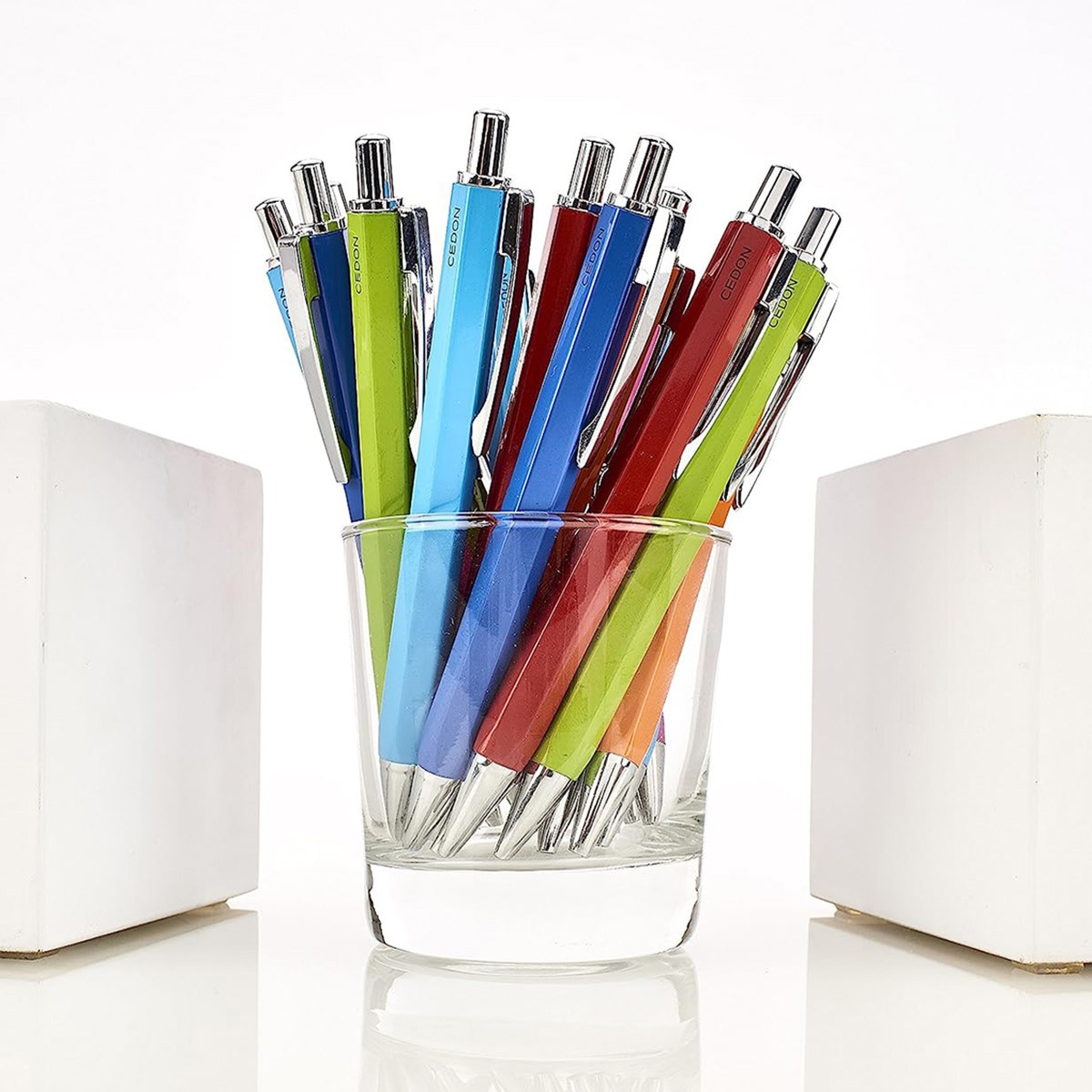


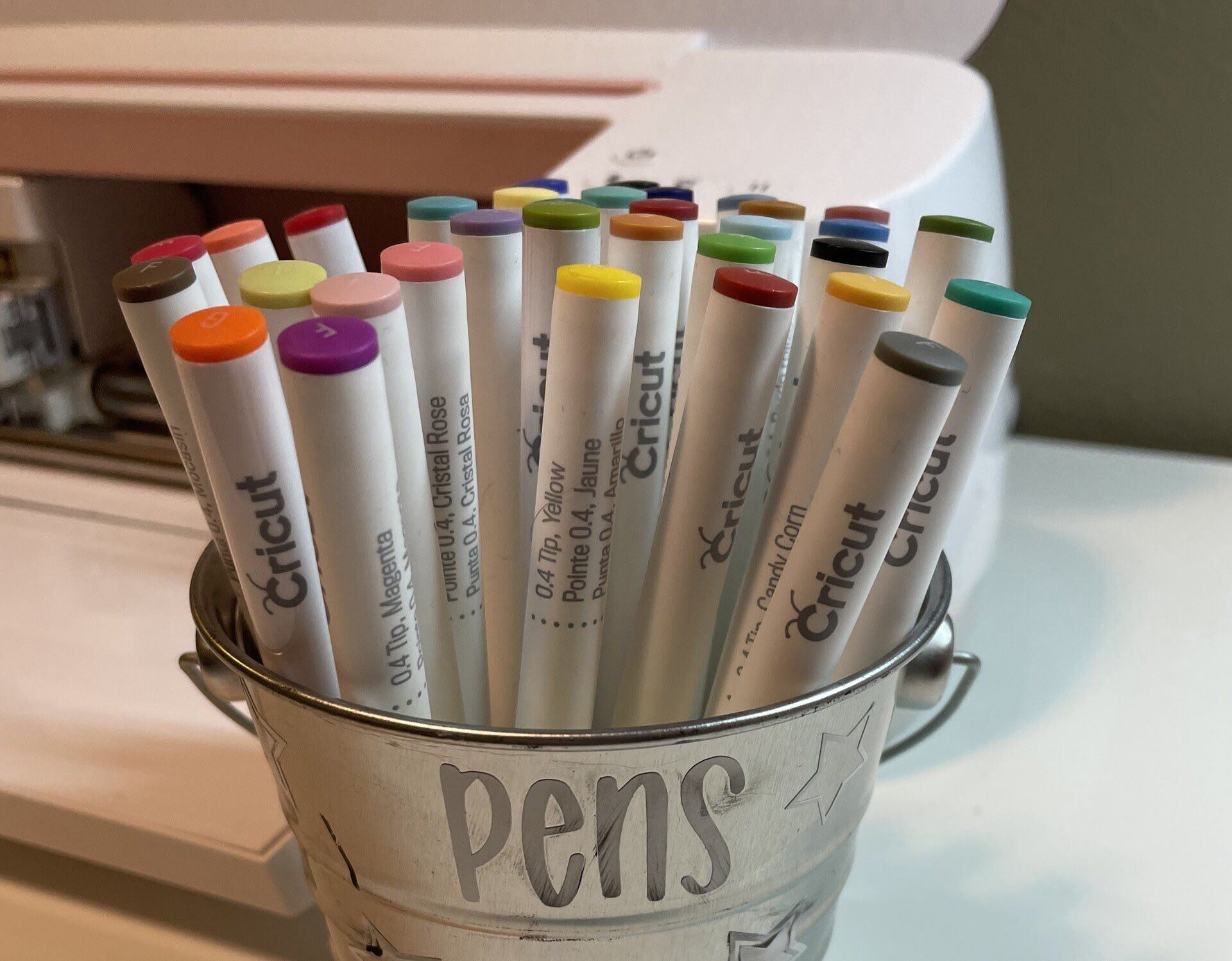




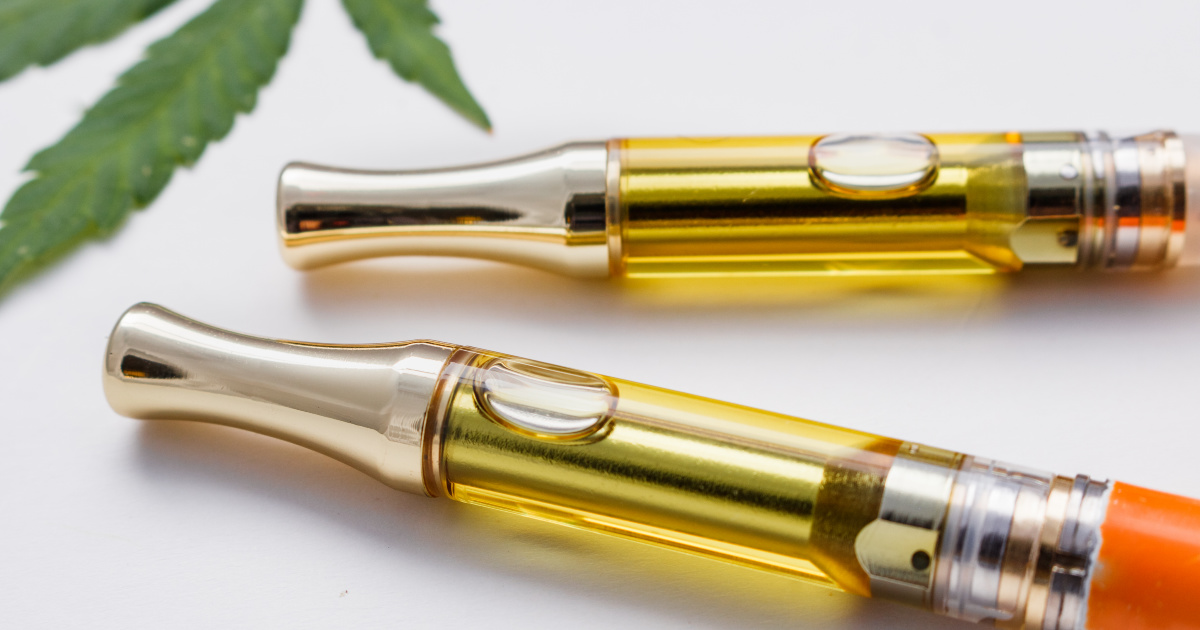
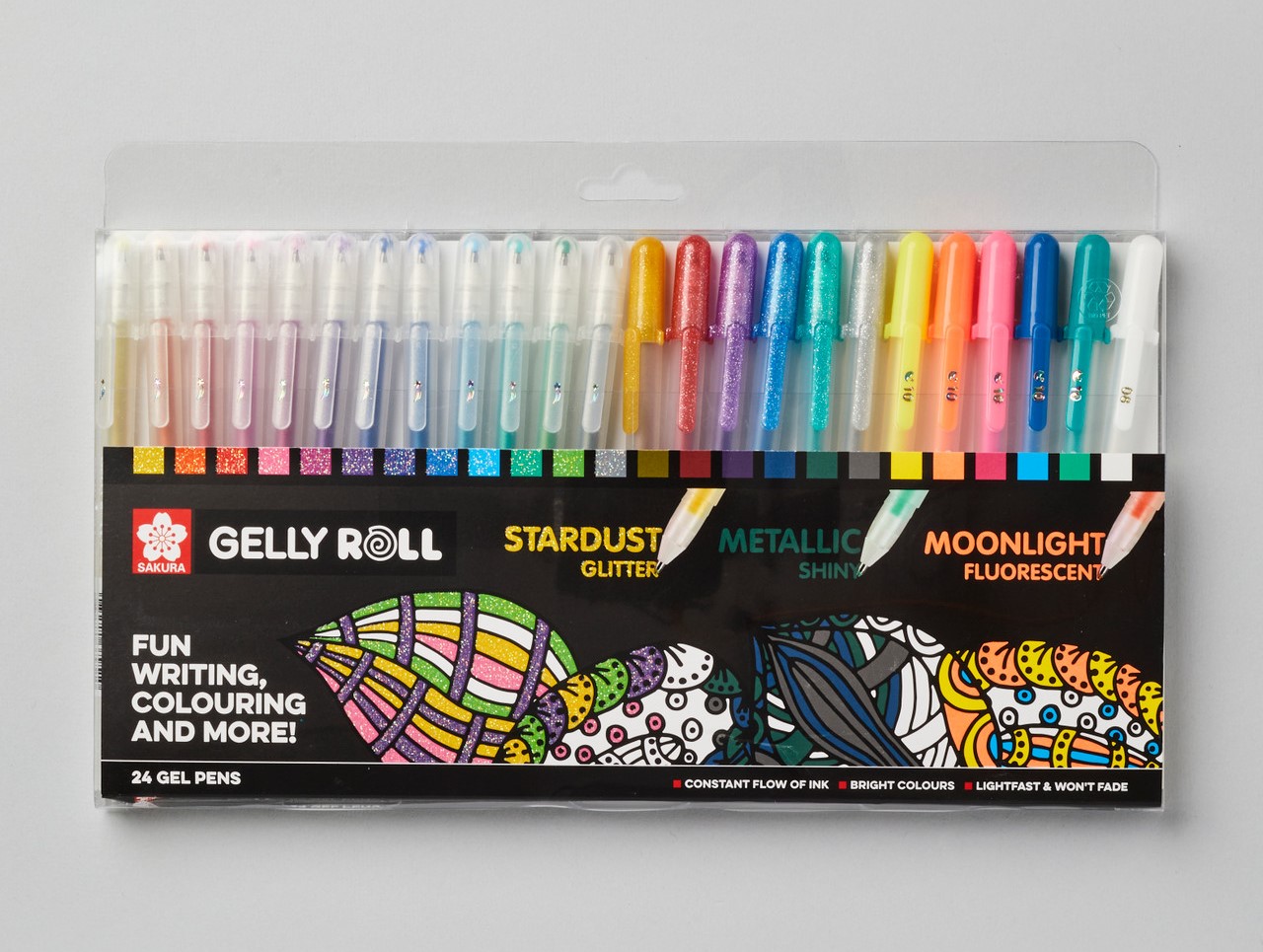
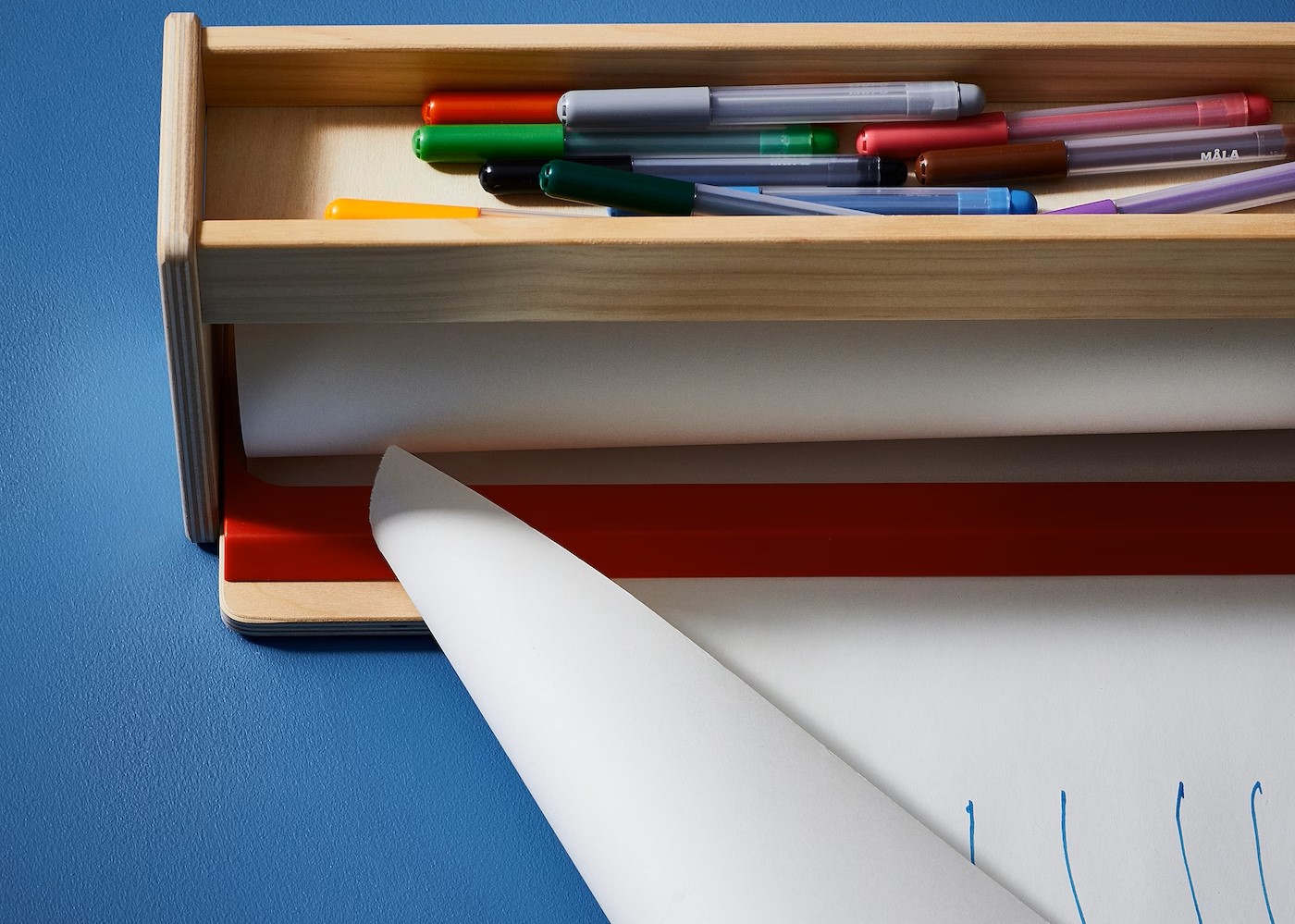

0 thoughts on “How To Store Fountain Pen When Not In Use”